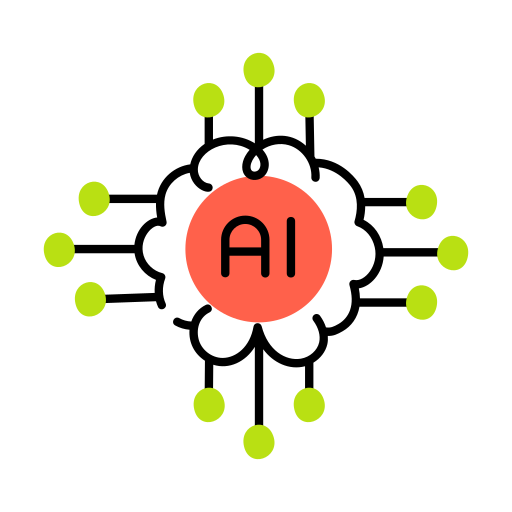What Is Automation Mastery? Best Testing Tools for Training in Automation Mastery

In today’s fast-paced digital world, the demand for high-quality software and applications has never been greater. Automation mastery refers to the expertise and proficiency required to design, implement, and manage automated testing frameworks effectively. SURESH IT- best software training institute in hyderabad provide best training for placements and jobs in courses like full stack tester , AWS with DevOps and Data Analyst with Power BI . Let’s explore what automation mastery is, why it’s essential, and the best testing tool training for achieving this level of expertise.
Understanding Automation Mastery-
Automation mastery goes beyond just writing automated test scripts. It encompasses a comprehensive understanding of the entire automation lifecycle- ranging from selecting the right tools, creating robust frameworks, and executing tests efficiently, to analyzing test results and optimizing the process.
Becoming a master of automation involves:
- Choosing the Right Tools: Automation mastery begins with selecting the best testing tools that align with your project needs. This requires an understanding of the various tools available and how they integrate with your existing development environment.
- Framework Development: A key element of automation mastery is the ability to develop a solid and scalable test automation framework. This includes setting up automation architecture, libraries, and components that are reusable, maintainable, and efficient.
- Execution and Reporting: Mastering how to execute test cases, monitor their performance, and generate detailed reports that provide clear insights into the test outcomes.
- Continuous Improvement: Regularly optimizing and refining the automation process to keep up with changing requirements, new technologies, and feedback from test results.
Why is Automation Mastery Important?
In the world of modern software development, where speed and quality are paramount, automation testing has become a necessity. Achieving automation mastery has several key benefits for both development and testing teams:
1. Faster Delivery: Automated tests can run much faster than manual tests, reducing the time it takes to test new features, identify bugs, and validate software quality. This leads to faster delivery cycles.
2. Scalability: As the size of the project increases, the number of tests needed also grows. Automation allows you to scale your testing efforts without a corresponding increase in resources.
3. Cost-Efficiency: Although initial investment in automation tools and frameworks may be high, the long-term benefits far outweigh the costs. Automation allows teams to catch defects early, reducing expensive fixes and post-release maintenance.
4. Continuous Integration/Continuous Delivery (CI/CD): Automation plays a central role in CI/CD pipelines, where tests need to be executed every time a change is made to the codebase, ensuring continuous, high-quality software delivery.
Best Testing Tools for Automation Mastery-
Achieving automation mastery requires familiarity with a range of testing tools. While there are many tools available in the market, the following are widely considered to be the best and most effective for various automation needs:
1. Selenium-
Selenium is one of the most popular open-source automation tools for web applications. It supports multiple programming languages, including Java, Python, C#, and Ruby. Selenium’s training should focus on understanding the WebDriver API, designing robust test scripts, and integrating Selenium with frameworks like TestNG or JUnit for test execution.
2. Cypress
Cypress is a newer tool that has gained significant traction in the JavaScript ecosystem. It’s designed to make end-to-end testing faster and more reliable for modern web applications. Training for Cypress should include setting up the testing environment, writing tests in JavaScript, and taking advantage of Cypress’s advanced features like real-time reloading and automatic waiting.
3. Appium
Appium is a powerful open-source tool for automating mobile applications. It works across platforms (iOS and Android) and supports a range of programming languages. Appium training should cover mobile-specific test automation, the Appium Server setup, and integrating it with tools like TestNG or JUnit for comprehensive test management.
4. JUnit/TestNG-
These are testing frameworks commonly used with Java for unit and integration testing. Both can be used in conjunction with tools like Selenium and Appium to structure and manage tests. Training should emphasize creating test cases, managing test suites, and integrating with build tools like Maven and CI/CD pipelines.
5. Jenkins-
Jenkins is a widely used open-source automation server that supports continuous integration and continuous delivery (CI/CD). It’s essential for automating the deployment and running of automated tests. Focus on automating the build process, integrating with version control systems (e.g., Git), setting up Jenkins pipelines, and running tests automatically.
To conclude, Automation mastery is about harnessing the full potential of automated systems to increase productivity, minimize human error, and deliver better outcomes across various tasks and functions. At SURESH IT- best manual testing training in hyderabad you get to learn all essential software testing skills from the industry best mentors and get placed today!














